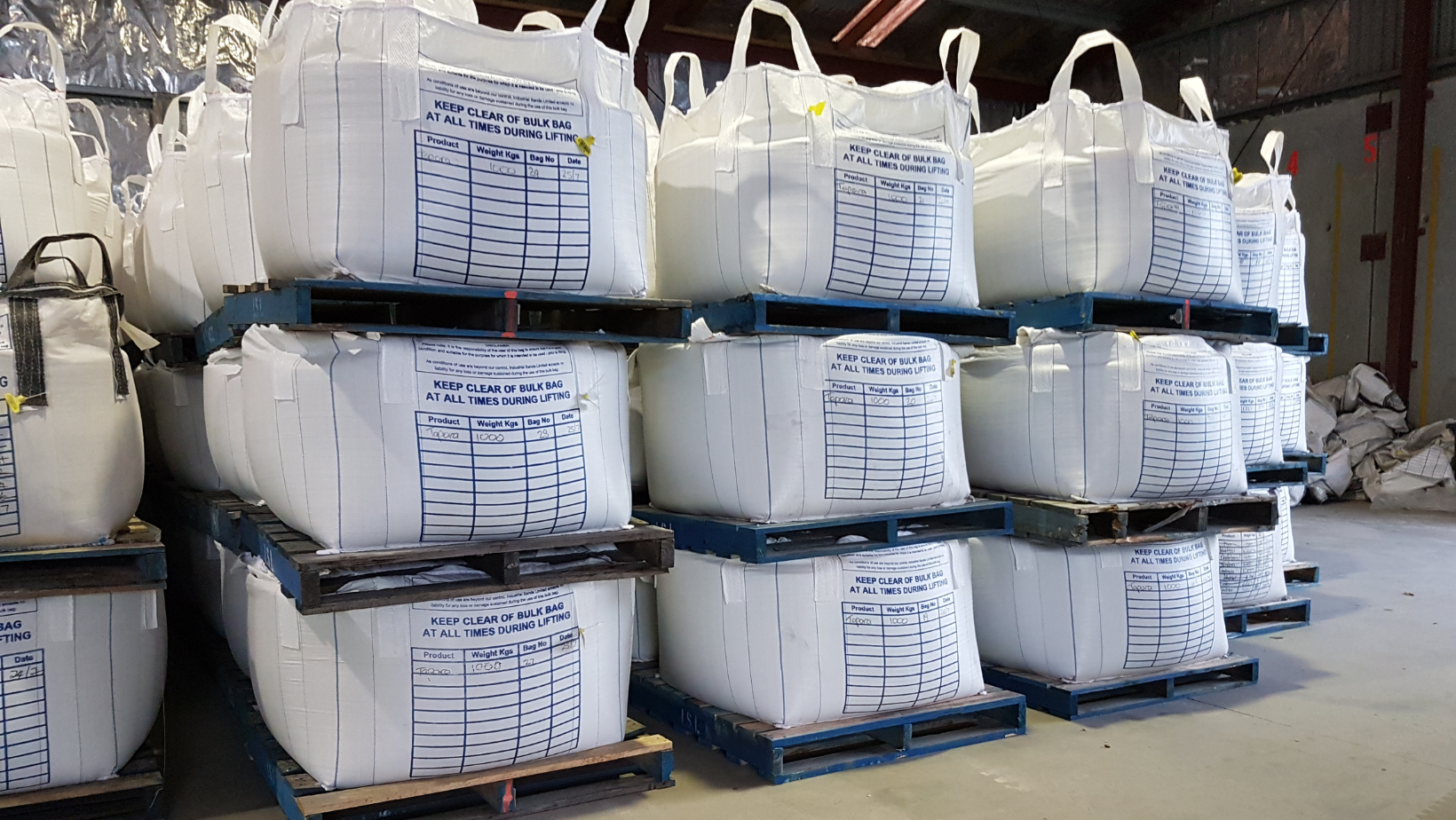Multi-use vs. Single-use Bulk Bags: Key Factors to Consider
28 March 2023

Single-use bulk bags, also known as disposable bags, are made of materials such as polypropylene and are intended for one-time use only. They are designed to carry and store bulk materials such as powders, granules, and grains. Once they have been used, they are disposed of and replaced with new ones.
On the other hand, multi-use bulk bags are designed to be used multiple times before they need to be replaced. They are made of durable materials such as woven polypropylene and have a higher capacity to withstand heavy loads and rough handling. Multi-use bulk bags are also referred to as reusable bags, as they can be used several times before they reach the end of their service life.
Here are some factors to consider when deciding between multi-use and single-use bulk bags:
Cost:
Single-use bulk bags are generally less expensive than multi-use bulk bags. However, the cost of using single-use bags can add up quickly if they are used frequently. In contrast, multi-use bulk bags require a higher upfront investment but can be cost-effective in the long run due to their durability and reusability.
Environmental Impact:
Single-use bulk bags have a significant environmental impact as they contribute to the growing amount of waste generated globally. In contrast, multi-use bulk bags are eco-friendly as they reduce waste and help conserve resources. They also help reduce carbon emissions as fewer bags are required overall.
Hygiene:
Single-use bulk bags are recommended in situations where hygiene is a top priority. For example, in the food industry, where contamination can pose a significant risk to public health. Single-use bags can be easily disposed of after use, reducing the risk of cross-contamination. Multi-use bags require regular cleaning and inspection to ensure they remain hygienic and safe to use.
Storage Space:
Single-use bags take up less storage space than multi-use bags, making them a better option for companies with limited storage space. Multi-use bags require more space for storage as they need to be stored properly to prevent damage and maintain their quality.
Conclusion:
Both multi-use and single-use bulk bags have their advantages and disadvantages, and the choice between the two depends on the needs of the user. Single-use bags are a cost-effective option for those who require bulk storage occasionally and need to conserve storage space. Multi-use bags are a more sustainable option for those who require frequent bulk storage and handling of materials. Ultimately, choosing the right type of bulk bag comes down to a careful consideration of the specific needs of the user.
